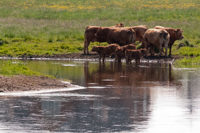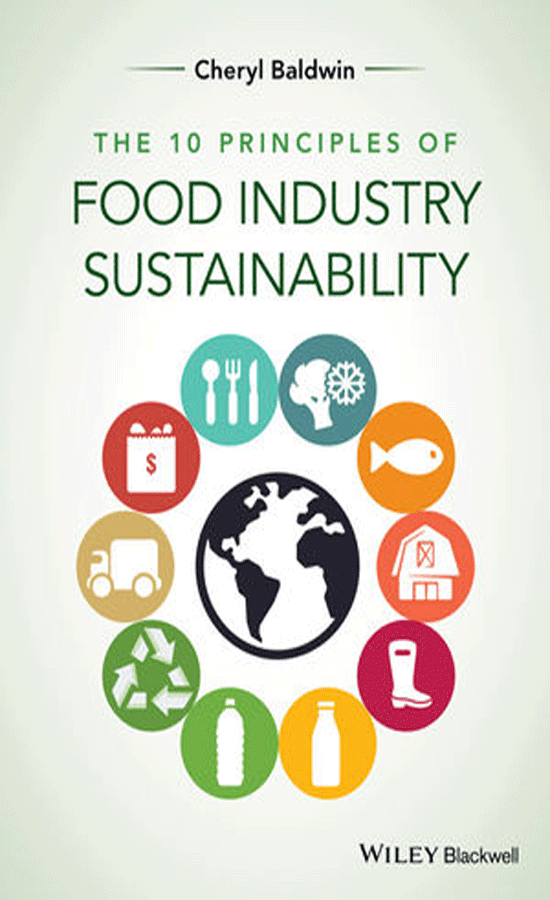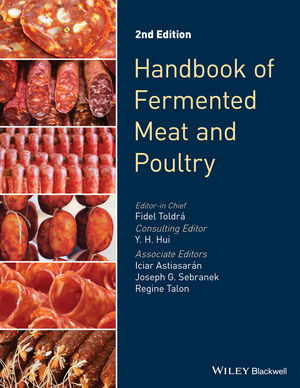Beef Sustainability Assessment documents industry progress

Participants at the 2013 Cattle Industry Convention gathered to hear the results of the first-ever Beef Industry Sustainability Assessment. The assessment, which was funded by the Beef Checkoff Program, marks the first time any industry has ever measured the sustainability of its entire supply chain. This important work positions the beef industry to lead the conversations about industry sustainability.
“Sustainability is, in fact, a journey. This particular journey started two years ago when the Beef Promotion Operating Committee decided to fund the sustainability assessment project,” said Oklahoma cattleman and vice-chair of the checkoff’s Producer Communications Working Group, Richard Gebhart. “Raising cattle in a sustainable way has been important to the cattle industry for a long time, but this is the first opportunity we have had to use science to tell that story.”
The Beef Sustainability Assessment was conducted by the National Cattlemen’s Beef Association (NCBA), a contractor to the Beef Checkoff Program. BASF Corporation and the U.S. Department of Agriculture’s Agricultural Research Service (ARS) played integral roles as subcontractors to assemble and interpret the data required to conduct the assessment.
“This comprehensive analysis will provide a roadmap for the journey toward a more sustainable beef industry,” said NCBA Director of Sustainability Kim Stackhouse-Lawson. “The U.S. beef industry is one of the most complex biological, economic and social supply chains in the world. As such, measuring these complex, interrelated systems is difficult but critically important to the future stability and profitability of the industry.”
A sustainable beef industry is critically important as we work toward the goal of feeding 9 billion people by the year 2050, a global population explosion that experts estimate will require at least 70 percent more food with few additional resources.
“For the beef industry, sustainability has been defined as the process of meeting beef demand by balancing environmental responsibility, economic opportunity and social diligence throughout the supply chain,” said Stackhouse-Lawson. “By ensuring that these three pillars of beef production are balanced, the industry will be well positioned to continue future growth.”
According to Stackhouse-Lawson, the beef industry has made significant improvement toward a more sustainable future over time. Despite the current rate of progress, the beef industry’s path toward continuous progress is never-ending.
“Sustainability is a journey and there’s really no end-point to this work,” she explained. “We can always be more sustainable than we are today. That’s what we’re working toward, that continuous improvement that will make us better over time.”
For more information about the beef checkoff, visit MyBeefCheckoff.com.
Source: Cattlemen’s Beef Board
Looking for a reprint of this article?
From high-res PDFs to custom plaques, order your copy today!









